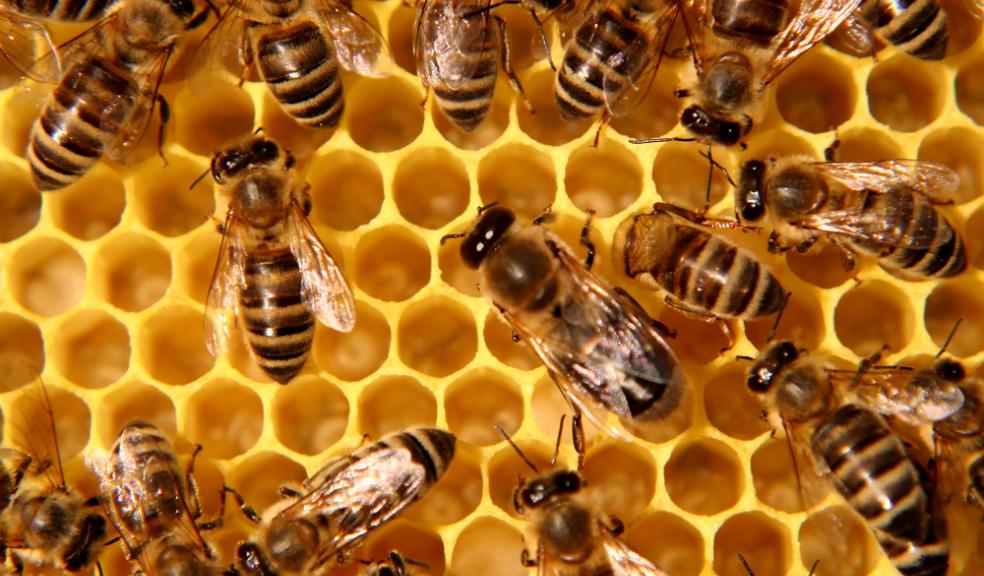
Plymouth pioneers highway havens for bees
Some of Plymouth’s roadside verges will be changing this month to prepare for some ‘V.I.Bee’ guests in a pioneering project.
The Council is thought to be the first local authority to create bee verges – which are specifically designed to appeal to pollinators such as bees, butterflies and hoverflies.
The highway havens will have low-growing wildflower meadow plants such as red clover, birds-foot trefoil and knapweed to provide nectar and pollen for the bees and bugs.
To prepare the way for the busy bees, Council staff are carrying out work along some of the main verges into the city, including Tavistock Road – near the Crownhill flyover, Embankment Road near the Laira turn off, Weston Mill bypass and along Billacombe Road.
Our species of bees and other pollinating insects including butterflies, moths and hoverflies have experienced decline in recent decades, raising concerns about the potential effect on food supplies, gardens and the countryside. Factors including pesticides, loss of habitat and more intensive agriculture are thought to be to blame.
The Council has been working closely with the charity Buglife – whose slogan is ‘saving the small things that run the planet’ to ensure what’s planted will create a buzz among the city’s insects.
Councillor Brian Vincent, Cabinet Member for the Environment said: “Plymouth has heaps of green space – more than many other cities – but we all need to make a concerted effort to counter some of the worrying trends. Making a small change locally could help the global picture – without the bees, we would all be in serious trouble.”
Work on the verges has started and the whole planting scheme is expected to be carried out in two phases – firstly, removing turf and preparing the soil, then sowing the wildflowers.
Councillor Vincent added: “Bear with us while we carry out the work – come spring, the colours of the countryside will be lining the entrance to the city.”
Buglife and Plymouth City Council has been working to create five hectares of meadows as part of Plymouth’s Buzzing, a two-year project that has been supported by a £45,000 Heritage Lottery Fund grant.
Rupert Goddard, project officer at Buglife said: “It’s great to work with our Council to continue the work of Plymouth’s Buzzing beyond our parks, out into our road networks. Buzzing bees spend summer collecting nectar and pollen to feed their young, and in the process pollinate our wildflowers, garden plants and crops. Other insects such as beetles, butterflies, flies and moths also perform this important task of pollination.
“Wild insects pollinate our food for free, without our pollinators we wouldn't have crops such as apples, cherries, pears, plums, pumpkins and strawberries. By transforming unused grassland into bee-friendly verges and wildflower meadows, we are helping to reverse this trend.”













